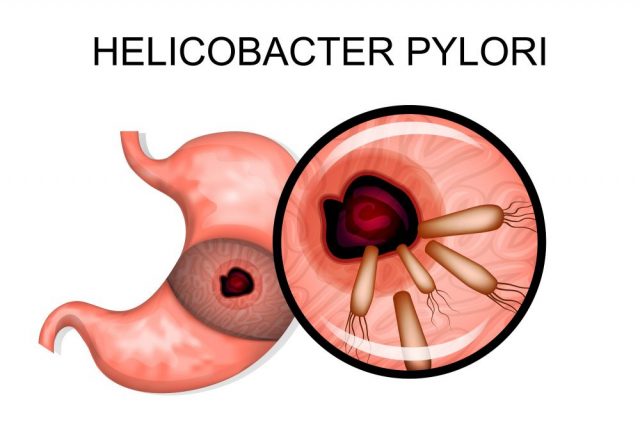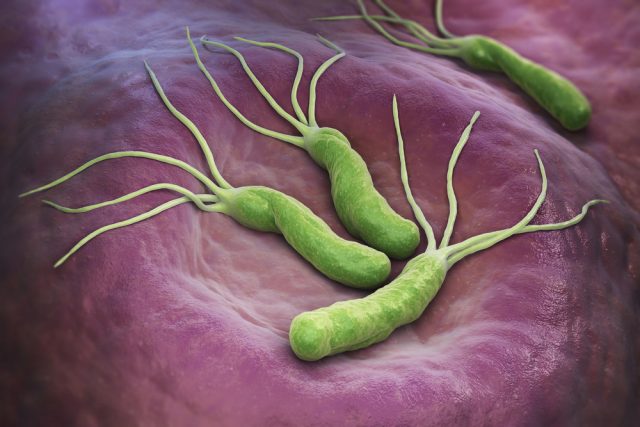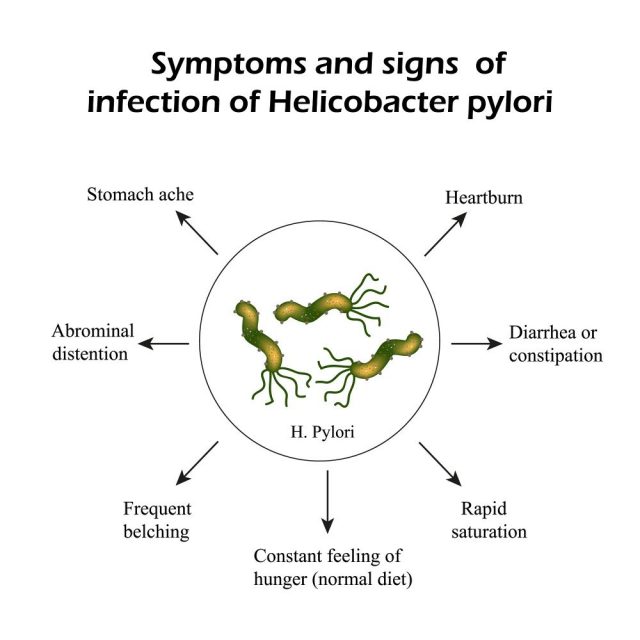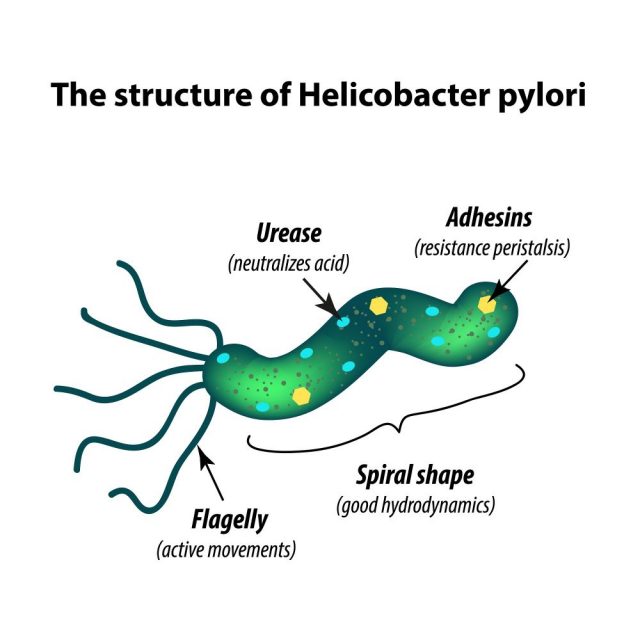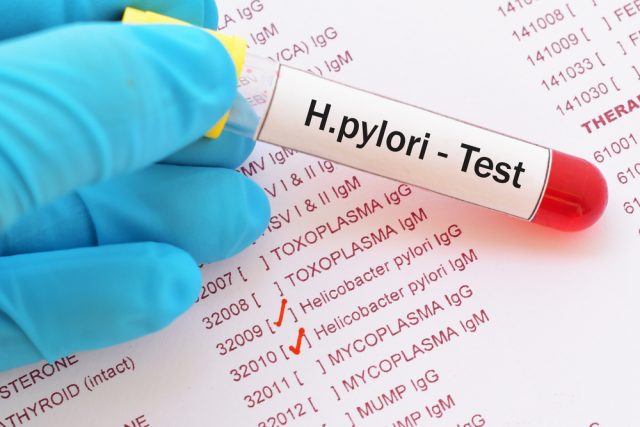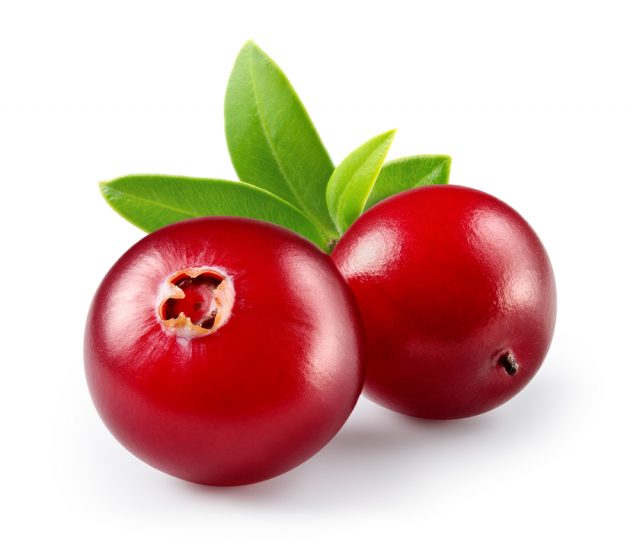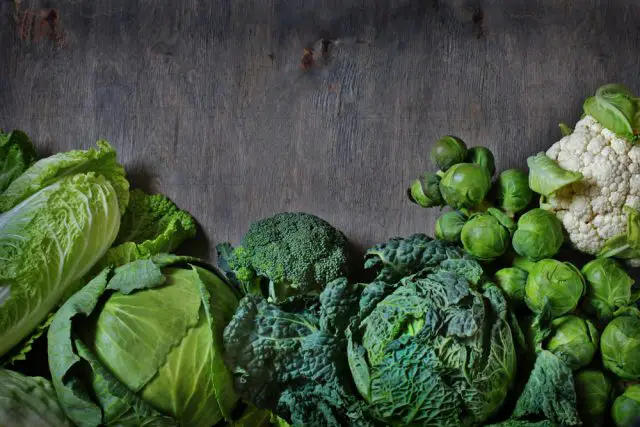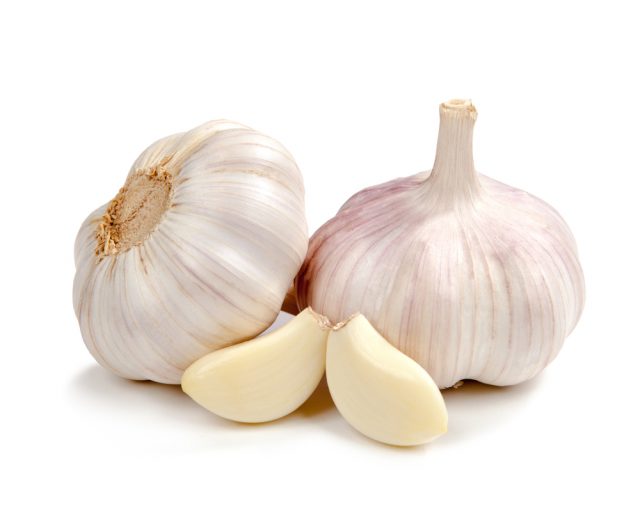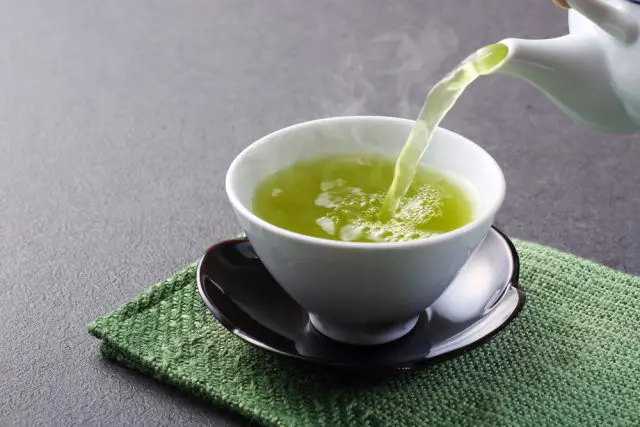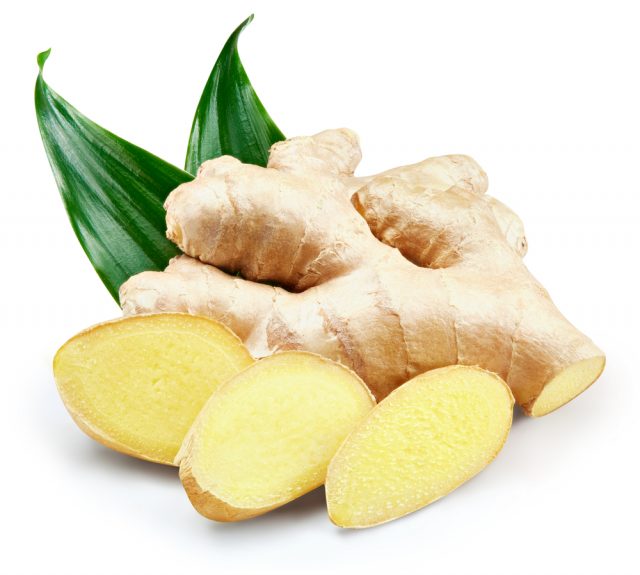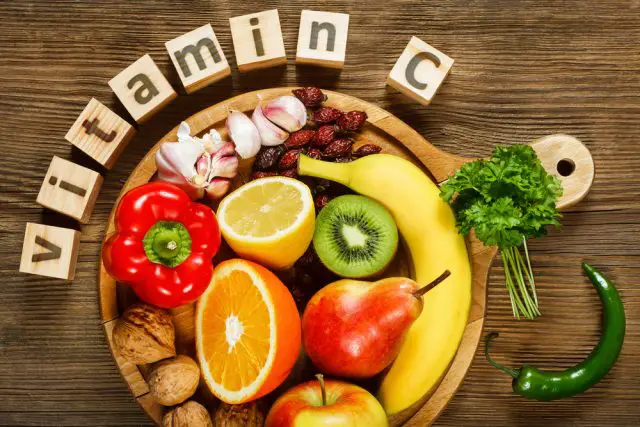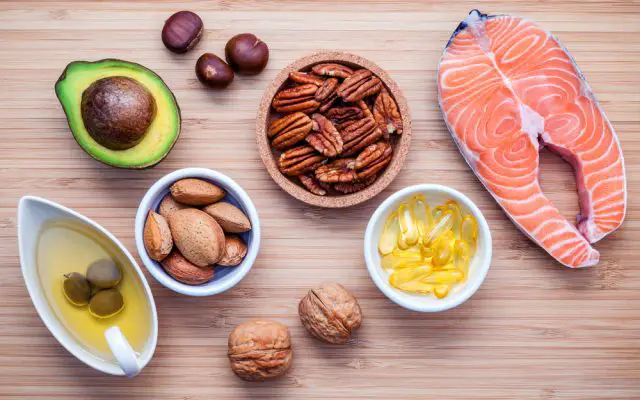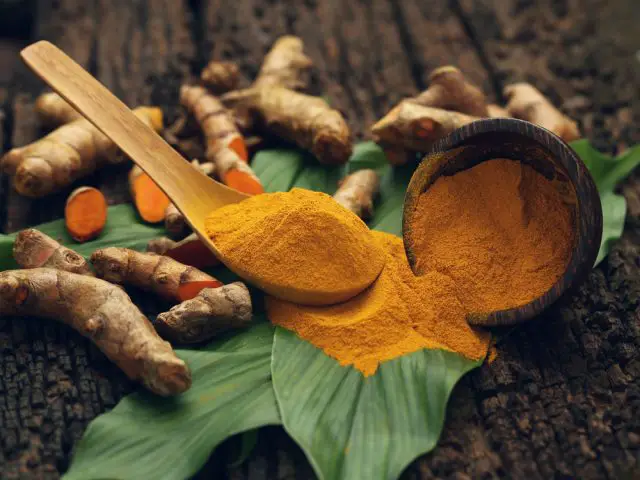Helicobacter Pylori
Introduction
Helicobacter pylori gastritis Is infection of the stomach. This bacterium causes gastritis and other common stomach diseases such as nausea, bloating, and heartburn. All of these can lead to the inflammation of the stomach. Ulcers can form in the duodenum as well as the stomach.
When we swallow food, it passes through our esophagus which is the tube connecting the throat to our stomach. Then the food will enter the upper part of the stomach. There’s a strong acid inside this area which is secreted into the stomach to break down our food. The lower part of the stomach is what we call the antrum. This will vigorously and frequently grind up the food and then squirt the remains of the food into the small intestine.
Some things such as arthritis drugs, aspirin, and alcohol can disrupt the mucous layer of the stomach. This will allow a strong stomach acid to injure stomach cells. Smoking and stress can also contribute to this which can lead to ulcers and the development of gastritis. there’s evidence to support the fact that gastritis is caused by helicobacter pylori bacterium.
This bacterium is quite fragile, but it finds the ideal place for it in the protective mucous layer of our stomach. The bacteria have long threads which protrude from them and they will attach to the underlying cells of the stomach. The stomach cells have a mucus layer that protects them from acids and this also protects the helicobacter pylori. An infection by this bacterium will cause more white blood cells to move into this area and a person may develop helicobacter pylori gastritis.
Helicobacter Pylori Transmission
Helicobacter pylori transmission usually occurs when someone swallows this bacterium when it’s in fluid, food, or even if utensils are contaminated with the bacteria. This infection is one of the most common infections in the world. It tends to impact older people more than younger people in developed countries. In countries where things are not as developed, it tends to impact younger people since the sanitation is poor in these countries and people tend to live in cramped living quarters. In many cases, the individual may not know that there’s been a helicobacter pylori transmission as it might not produce any symptoms at all. The infection can stay in the gastric area and it will persist unless there’s treatment given for it.
Helicobacter Pylori Gram Stain
Whenever a helicobacter pylori gram stain Is done this is a common technique which we use to differentiate large groups of bacteria. scientists will look at the different cell walls of the bacteria. This procedure will distinguish between gram-negative groups and gram-positive groups. the cells will either be colored violet or red. The bacteria that are gram-positive will stain violet because they have a thick layer of what it’s called peptidoglycan in the cell walls. The gram-negative bacteria will be stained red because they have a thinner peptidoglycan wall, and this does not retain crystal violet when the decoloring process is done. Helicobacter pylori gram stain Is done to analyze tissues or other samples to determine if this bacterium is present
Helicobacter Pylori Test and Treatments
There’s several ways that this bacterium can be tested for and then treated. To check for a helicobacter pylori antibody. To determine if there’s any bacteria present in the body there is several tests that are done. One of the most common is a blood test. Physicians Will look at a helicobacter pylori gram stain to check for the presence of this bacteria. Once the blood sample is analyzed, they can see if there’s been any evidence of this bacterial before or if it’s present in the blood now. Two of the common tests which are more successful include a helicobacter pylori breath test and a helicobacter pylori urea breath test.
Helicobacter pylori Treatment will usually require the use of at least two different antibiotics at the same time. This will help prevent the bacteria from developing resistance to one type of antibiotic. The doctor will probably also prescribe you a acid suppressing drug which will allow the lining in the stomach to heal.
Helicobacter Pylori Breath Test
This test is also referred to as the helicobacter pylori urea breath test. This test is done to see if any helicobacter pylori are present. The H. pylori I produce an enzyme which is called urease. this then breaks down urea into carbon dioxide and ammonia. When the test is done there will be a tablet which contains urea. this is a chemical made up of radioactive carbon and nitrogen. This is then swallowed and then the amount of the exhale carbon dioxide will be measured. The results of this will indicate whether there is H. pylori in the stomach of the individual being tested. Here’s how to prepare for this test:
- You will need to tell the doctor if you have a heart condition, lung condition, or are pregnant. The Physician will also want to know if you’re allergic to any medications.
- You’ll have to refrain from taking any sort of antibiotic for at least 4 weeks before you have your test done.
- If you take a proton pump inhibitor for stomach issues you will have to refrain from the use of this for at least two weeks before you have your test done.
- On the day of the procedure you should only take the medications which are approved by your doctor prior to your test. You should not just discontinue taking any medication without first Consulting with your doctor.
- Before the test you won’t be able to eat or drink anything for 4 hours including drinking water
The main reason you need to refrain from taking PPIs or proton pump inhibitors is because they can interfere with the accuracy of the test. This is another reason why you won’t be able to take antibiotics prior to taking the test.
Other Tests
Other tests they will conduct to look for helicobacter pylori antibody include a stool test and a scope test. When a stool test is done this is a Laboratory test called a stool antigen test which will look for foreign proteins called antigens which are associated with any H. pylori infection found in the stool.
If a scope test is to take place you’re going to be sedated for this. This test is also called and upper endoscopy exam. When the doctor conducts this test he or she will thread a long flexible tube that has a tiny camera attached to it. this will go down your throat and the esophagus and then into the stomach area. the instrument will then show the doctor if there’s any irregularities in the upper digestive tract and it necessary a biopsy will be taken to remove tissue to be sampled. Any samples that are taken will be looked at to see if they have any H. pylori infection.
Helicobacter Pylori Diet
It’s important to understand that diet plays a large role in this bacterial infection. Here is a guide to help you manage a proper helicobacter pylori diet so you could reduce instances of this infection. It is also important to see your doctor if you notice any changes in your stomach that don’t seem to be normal. It could be an indication that you have some sort of infection.
Cranberries
This fruit fights this infection because they contain proanthocyanidins and this kills the bacteria. They also prevent the bacteria from adhering can mucus in the stomach. You can also get the fruit to cranberry juice. Make sure the juice is free of additives and free of sugars.
Cabbage and broccoli
These Foods belong to a family which is called Brassica and they contain a certain substance called isothiocyanates. these types of foods do a good job at destroying the bacteria. the foods that are highest in this include broccoli Sprouts, broccoli, sauerkraut, and regular cabbage. By eating these Foods on a regular basis, you will help keep this bacterium in check, so these foods should be part of your helicobacter pylori diet
Garlic And Foods From The Onion Family
Other foods that are perfect for fighting this infection include garlic and any food from the onion family such as shallots, leeks, onions, and scallions. these Foods produce an antibacterial substance which can be used as a natural antibiotic. people that eat these Foods tend to have less instances with h. pylori infection.
Green Tea
Green tea is known to be a powerful antioxidant and Studies have shown that this also fights the infection caused by this bacterium. Green tea is also known to help reduce inflammation in the body and this will also cut down on instances of this bacteria.
Ginger
Another food to add to your diet to fight h. pylori infection includes ginger. This herb is one of the best cures for stomach ailments. It can reduce inflammation, protect gastric mucus, act as an antibacterial agent, and it will inhibit the growth of this infection.
Vitamin C
We need Vitamin C for overall health, what a good dose of vitamin C is also beneficial to fighting the infection. Vitamin C is a potent antioxidant and it works to reduce inflammation. One way to get proper vitamin C in your diet is to eat plenty of citrus fruits or take a vitamin C supplement as this will help you fight the infection.
Fish and Fatty Acids
Another large part of your helicobacter pylori diet Should include the fatty fish because these contain fatty acids which are very beneficial to the body. these fats help to reduce overall inflammation in the body and they can reduce instances of this infection.
Turmeric
One spice that is known to help fight this infection is called turmeric. This is a powerful antioxidant as well as anti-inflammatory spice. You can add this food too many different dishes and it can help fight instances of this infection.
Probiotics
The bacteria tends to cause changes to your gastric environment including the pH of the stomach. The gut flora can be impacted by this and this can have a negative impact on your health. When you take a probiotic, this can fight this bacterium and heal your stomach lining as well as reduce your symptoms. There are many different probiotics that you can buy which can help eliminate the bacteria. You should consult with your doctor first to determine what the best probiotic for you is going to be.
Foods to Avoid
To reduce helicobacter pylori transmission. Here are some foods you should avoid. You should cut down on your intake of simple carbohydrates and instead eat plenty of fresh fruit and vegetables and complex carbohydrates such as brown rice or whole wheat bread. you should also cut down on your intake of salt, alcohol, coffee, and any processed food as these can all contribute to arise in this infection
Conclusion
Helicobacter pylori gastritis Is a common problem. You should speak to your doctor about this infection and take a test to determine if you have the infection. If you notice any changes in your stomach or any problems with your digestion, speak to your doctor so this infection can be ruled out. there are treatment options for it so seek the advice of a qualified physician.

